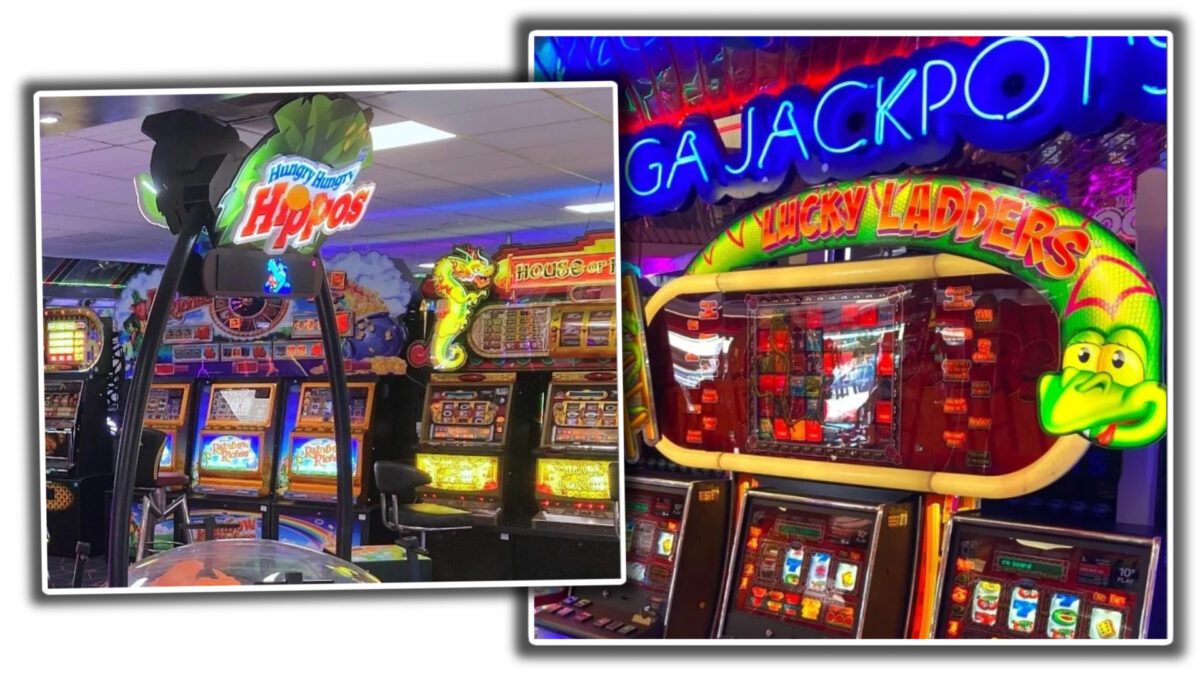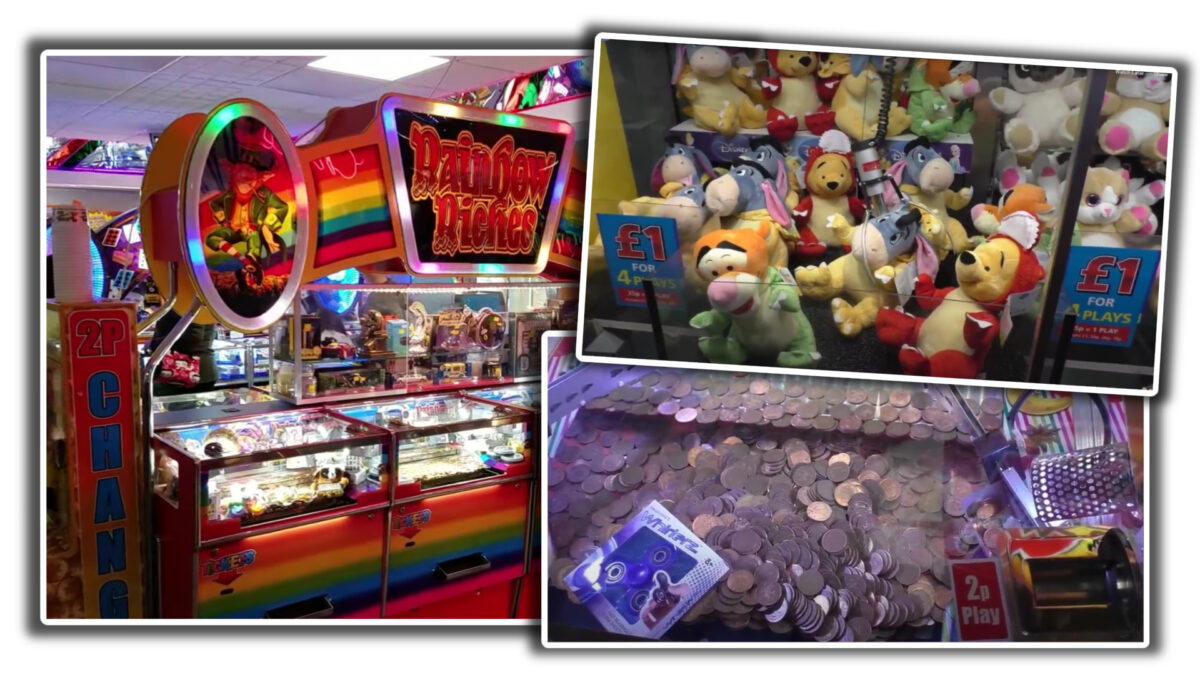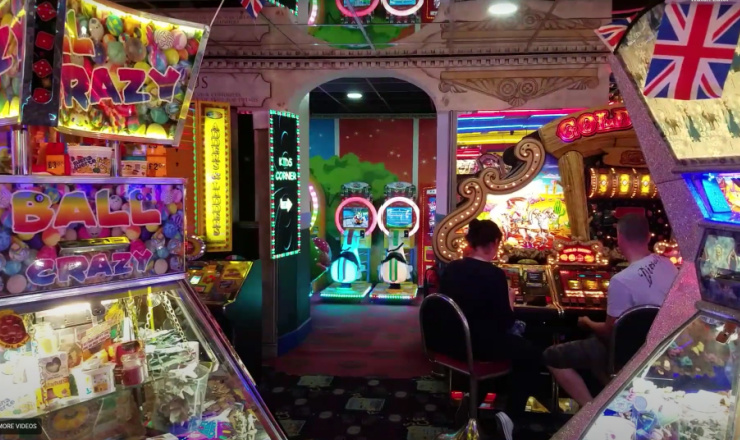The UK government is asking for people’s views on slot machines in easily accessible places, like seaside fun halls and pubs, as part of a new consultation process that is open to the public.
In a two-part questionnaire, it is also seeking people’s views on anywhere that hosts bingo, from community centres to bingo halls.
The UK government has launched its consultation on Category D gaming machines and licensing for bingo premises to assist with broader Gambling White Paper reforms.
There are recommendations that vary from increasing prize money available from machines in amusement arcades, to introducing gambling licenses for premises that have so far been exempt due to housing only the low-risk gaming machines.
What Are Category D Gaming Machines?
Category D slots are the lowest-stake gaming machines allowed in the UK.
You will find them typically in amusement arcades, family entertainment centres and pubs.
In addition to traditional low-stake fruit machines, the category also includes coin pushers or penny falls and crane grabs, which are a familiar sight in seaside arcades across the UK.

As a comparison, to play on a Category C machine you have to be 18 or over and there is a maximum stake limit of £1 and a maximum prize of £100 available.
Category D machines have no age limits so can be accessed by both adults and children. They are presently categorised as follows:
- Money-prize slot machines, with a maximum stake of 10p and maximum cash prize of £5
- Non-money prize machines, with a maximum stake of 30p and maximum non-money prize up to a maximum value of £8.
- Crane grab machines, with a maximum stake of £1 and maximum non-money prize up to a maximum value of £50.
- Combined money and non-money prize machines, with a maximum stake of 10p and a maximum prize of £8, of which no more than £5 may be a cash prize.
- Coin pusher or penny falls machines, with a maximum stake of 20p and a maximum prize £20, of which no more than £10 may be a cash prize.
What Are The Government proposals?
The Gambling Commission’s 2024 Young People and Gambling report turfed up the rather alarming statistic that 20% of 11 to 17-year-olds had spent their own money on arcade gaming in the previous 12 months.
That included penny pushers and claw grab machines, but of particular concern is cash-paying fruit machines.
One of the main proposals under review is to introduce a mandatory age limit of 18 and over for all cash-out style Category D slot machines.
Family-oriented venues can presently run these machines without the need for a licence or permit, a measure that was originally put in place to protect family friendly businesses, especially after the financial consequences from the Covid-19 lockdown.
Government figures show there were 220 family entertainment centres in 2018 but nearly 50 had closed over the following six years, leaving 171 still operating in 2024.
Venues with Category D machines do not require a licence from the Gambling Commission, but with rising concerns about children’s exposure to gambling, the government is now questioning whether all operators should apply for a licence.
At the same time, the government said it recognises the importance of amusement arcades to the local community, as places for family entertainment, for tourism and local employment opportunities, particularly in coastal towns, so the present system could remain in place.
Increasing The Stakes
Some of the stake and prize limits outlined above have not been changed for over a decade.
Crane grab machines were added to category D gaming in 2009, and the original £1 stake limit and £50 non-money prize maximum have been in place ever since.
These are one of the most popular attractions at arcades, very often offering soft toys and small electrical goods as prizes.

The government’s consultation document recognises that the average price of goods has increased 55% from 2009 to 2025, and therefore arcades have found it harder to keep prizes attractive to customers.
As a result, the proposal is to keep maximum stakes at the £1 limit but increase the value of the prize to a £75 limit.
There is also the potential to increase the cash limit within the overall £20 maximum prize allowed from coin pusher and penny falls machines, with £12 suggested as the new allowance.
Strength In Numbers For Bingo
The consultation is also reviewing licensing that applies to premises that offer bingo.
As things stand, a premises licence is required to operate bingo, but this may not be a reasonable practice for low-stakes or community-based games that also act as meeting places for large groups of people and have a strong social benefit.
With that in mind, there is a need to review and update the licensing framework for the bingo sector.
Where Do I Sign?
You can have your say on all the matters raised by completing the Department for Culture, Media & Sport’s official consultation document here.
You have until the consultation process ends at 11.59pm on January 9, 2026 to make your views known.

